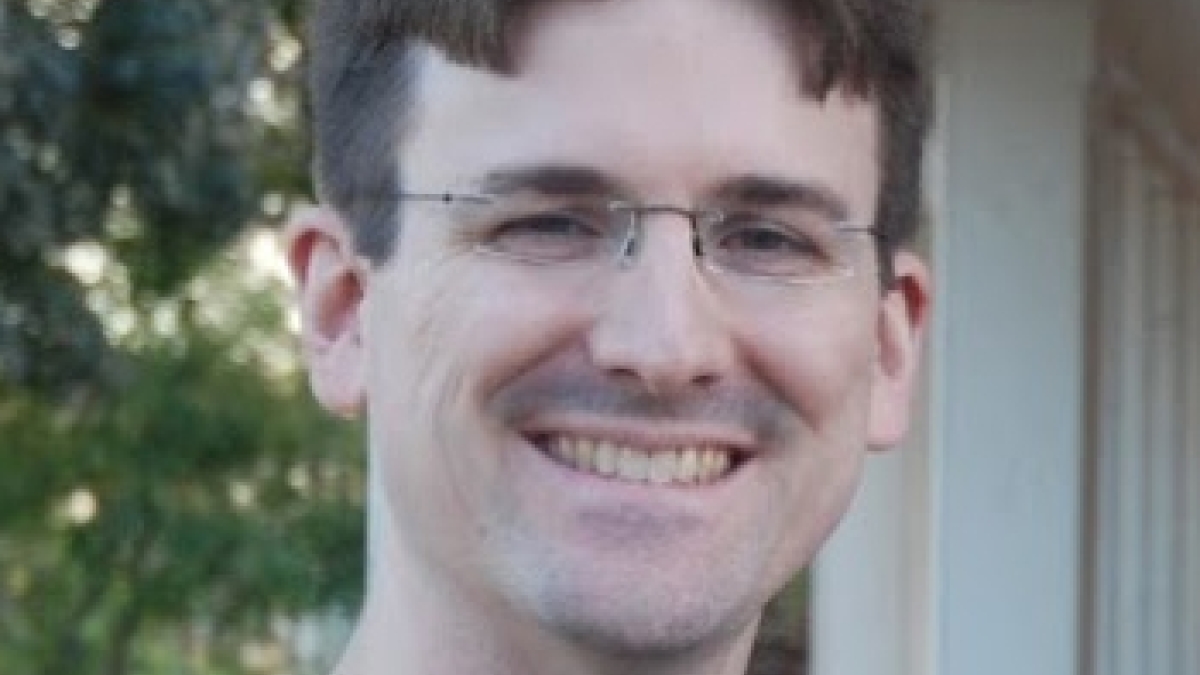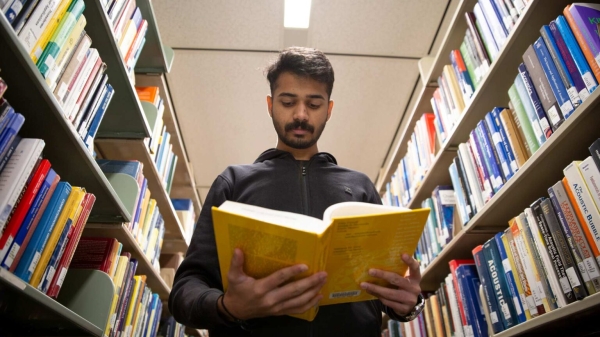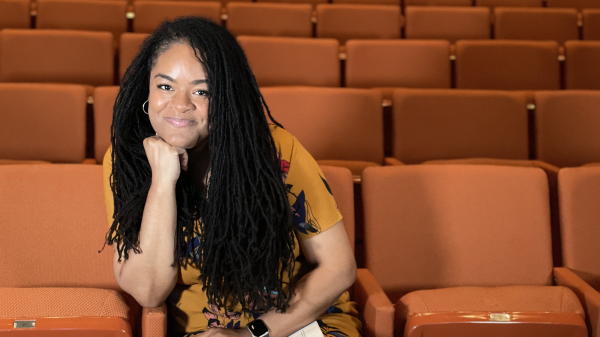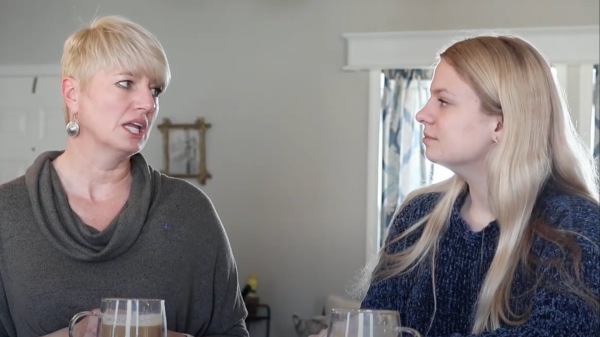ASU philosophy student wins essay prize with paper on ethics, education

Philosophy student Kenneth Pike recently won an essay contest with his essay “Do Children Have ‘Rights-in-Trust?'”
An Arizona State University philosophy student’s interest in the crossroads of education, childhood and political theory led him to writing a prize-winning essay titled “Do Children Have ‘Rights-in-Trust?'”
Kenneth Pike submitted his essay to the Center for Ethics and Education at University of Wisconsin-Madison contest and was awarded first prize, which includes a cash stipend of $3,000 and an opportunity to participate in one of the center's workshop-style conferences.
“It's a tremendous affirmation to have my work recognized by some of the leading scholars in my chosen area of inquiry,” Pike said. “As a grad student in philosophy, I'm constantly dealing with people of remarkable intellect. That's a recipe for self-doubt; imposter syndrome is real! Having my work awarded signals to me that someone is genuinely interested in what I have to say, so maybe I'm not an imposter after all.”
Pike’s essay on children’s rights was actually a part of his dissertation. After editing it down to fit the contest’s requirements, he had a solid submission.
“Kenny is writing a dissertation on the rights that children have,” explained philosophy Professor Peter de Marneffe, Pike’s dissertation director. “Because children are not thought to have all the rights that adults have, some scholars have suggested that children have 'rights-in-trust' to be exercised by their caretakers acting as responsible trustees. In this essay, Kenny identifies some difficulties with this way of understanding children’s rights.”
Pike was inspired to research rights-in-trust, a subject first introduced by political and legal philosopher Joel Feinberg in 1980.
“Many scholars have built on that work, and even theorists who don't make much use of the notion of rights-in-trust tend to at least mention Feinberg's work,” Pike said. “But if you look at how trusts work in the law, how trusts have worked for centuries since they were first developed in English courts of equity, they bear only a very shallow resemblance to what's going on with parents' and children's rights. So, I decided to explore that resemblance or lack of resemblance in greater detail.”
As part of his prize, Pike is invited to the center’s next conference where he will be able to discuss with a small group of scholars the question, “How, if at all, can philosophical reflection, help guide or improve the design and use of social science research to guide educational policy and practice?”
“I also have a deep personal interest in matters of school choice,” Pike said. “That's an issue on which Arizona often leads the nation, to my great satisfaction as a parent of school-aged children, but concerning which many scholars maintain some reservations. So I expect to learn a lot, and hope to maybe do a little teaching, too.”
More Arts, humanities and education

Engineering knowledge: Recommended reading from Fulton Schools faculty, staff
In this 13th edition of the annual Essential Reading feature, 10 more faculty and staff members in the Ira A. Fulton Schools of…

ASU Gammage Scholar and MFA student forges path to her future
Editor’s note: This story is part of a series of profiles of notable spring 2024 graduates. Theater was an escape and an outlet…

Data science student investigates Arizona education system, reform through Steve Jobs Archive fellowship
Arizona State University student Brinlee Kidd was one of nine people across the U.S. chosen for the inaugural Steve Jobs Archive…